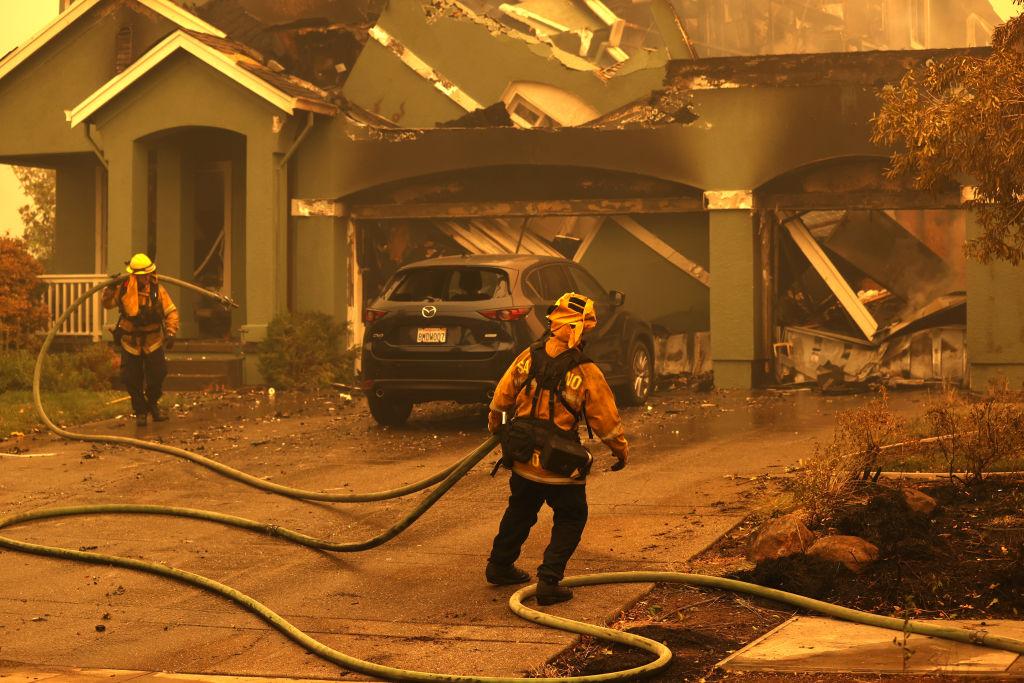SACRAMENTO, Calif.—The Hartford has announced that it will no longer be writing new home insurance policies in California, further contributing to the state’s home insurance availability crisis.
“The homeowners’ insurance environment in California has unique challenges that have required us to reconsider the viability of writing new homeowners’ business in the state,” a spokesperson for The Hartford told The Epoch Times in an email on Jan. 25. “Based on these challenges and our analysis of the trends, we have decided to stop offering new homeowners policies starting Feb. 1.”





